Service hotline
+86 0755-83975897
 en
en Release date:2024-12-07Author source:KinghelmViews:2166
As the global demand for electronics continues to rise, environmental concerns have also come to the forefront. One of the most important regulations in this area is RoHS, or Restriction of Hazardous Substances. But what exactly is RoHS, and why does it matter to manufacturers, suppliers, and consumers in the electronics industry? In this article, we’ll break down the key aspects of RoHS compliance and its impact on the electronics sector.
RoHS is a directive originally adopted by the European Union (EU) in 2003, with the goal of reducing the use of certain hazardous materials in electrical and electronic products. The regulation restricts the use of six substances that are harmful to both human health and the environment:
· Lead (Pb)
· Mercury (Hg)
· Cadmium (Cd)
· Hexavalent chromium (Cr6+)
· Polybrominated biphenyls (PBB)
· Polybrominated diphenyl ethers (PBDE)
By limiting these substances, RoHS aims to make electronics safer for both the people who use them and the workers who manufacture them. It also addresses the growing concerns around electronic waste (e-waste), which can release these harmful chemicals into the environment when improperly disposed of.
For electronics manufacturers, RoHS compliance means ensuring that their products do not contain the restricted substances above a certain threshold. The threshold for each of these substances is set at 0.1% by weight in homogeneous materials (such as plastic, metal, or circuit boards), and 0.01% for cadmium.
To be compliant with RoHS, companies must:
· Assess their supply chain to ensure that their components and materials do not exceed these limits.
· Keep records and documentation to demonstrate compliance.
· Have their products tested by accredited laboratories, if necessary, to ensure they meet RoHS requirements.
Failure to comply with RoHS can result in products being banned from sale in the EU, which can have significant financial and reputational consequences for manufacturers.
While RoHS was initially introduced by the EU, its influence has spread globally. Many countries and regions, including China, Japan, South Korea, and the United States, have adopted similar regulations or standards, often with minor variations.
For example, China has its own version of RoHS, known as China RoHS, which includes additional substances and different labeling requirements. As a result, manufacturers selling globally must ensure that their products comply with RoHS regulations in multiple markets.
RoHS compliance isn't just about following the law; it also provides significant benefits for manufacturers and consumers:
· Environmental Impact: By eliminating hazardous substances from electronics, RoHS helps reduce environmental pollution and e-waste, contributing to a more sustainable electronics industry.
· Health and Safety: RoHS ensures that products are safer for consumers and workers, reducing the risk of exposure to toxic materials.
· Market Access: Compliance opens doors to global markets, particularly in the EU, where RoHS certification is a mandatory requirement for product sale.
· Brand Reputation: Demonstrating environmental responsibility and commitment to safety can enhance a company’s reputation with customers, investors, and regulatory bodies.
For businesses looking to comply with RoHS, the following steps are essential:
1. Review and Evaluate: Ensure that all materials and components used in your products meet the RoHS substance limits.
2. Source from Certified Suppliers: Work closely with your suppliers to ensure that the components they provide are RoHS-compliant.
3. Testing and Certification: Invest in third-party testing to verify that your products meet RoHS requirements. Many labs offer RoHS testing and certification services.
4. Documentation: Maintain detailed records of compliance for each product, including supplier declarations and testing results. This documentation is often required for regulatory inspections.
While RoHS compliance is critical, it can present challenges for manufacturers. For example:
· Material Substitution: In some cases, it may be difficult to find alternative materials that meet performance and cost requirements without the restricted substances.
· Complex Supply Chains: Many products are made up of hundreds or thousands of parts, and ensuring compliance across the entire supply chain can be difficult.
· Keeping Up with Changes: RoHS regulations can change over time, with new substances being added or thresholds being adjusted. Staying informed is essential for ongoing compliance.
As the electronics industry evolves, so too will RoHS regulations. The directive is regularly updated to address emerging environmental concerns. For example, RoHS 3, which came into effect in 2019, added four additional substances to the list of restricted materials, including phthalates used in plastics.
Looking ahead, companies will need to stay agile and continue to invest in greener technologies and sustainable practices. Innovations in recycling, material science, and product design will play a significant role in meeting RoHS standards while reducing the environmental footprint of electronics.
RoHS compliance is not just a regulatory requirement—it’s an important step toward creating safer, more sustainable electronics. For manufacturers, understanding RoHS is crucial for ensuring that products meet the necessary standards and can be sold globally. By staying informed, investing in compliance, and embracing sustainability, companies can continue to thrive in the evolving world of electronics.
At Kinghelm, we are committed to providing RoHS-compliant components that meet the highest standards of safety and quality. Explore our products today and ensure your next project is environmentally responsible and compliant with the latest regulations.
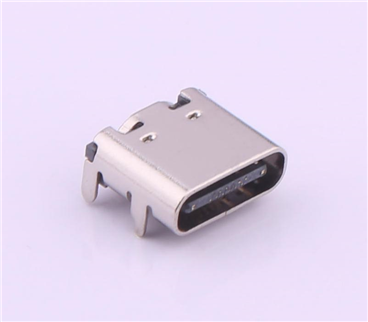
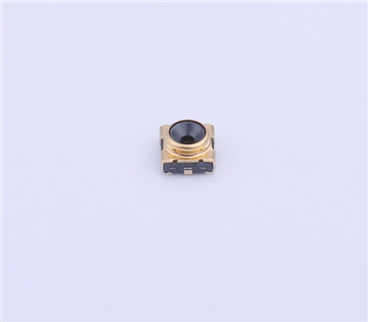
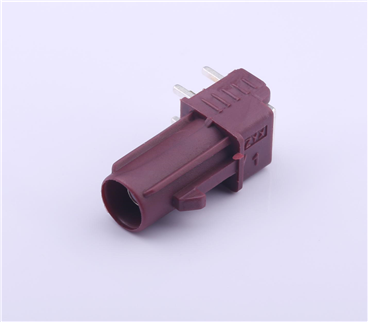
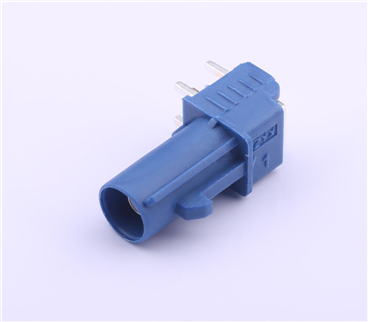
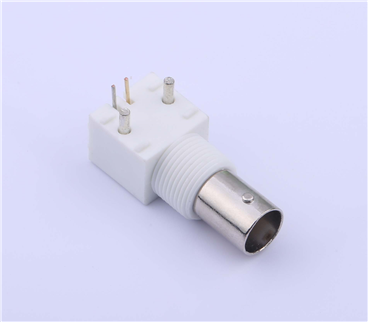
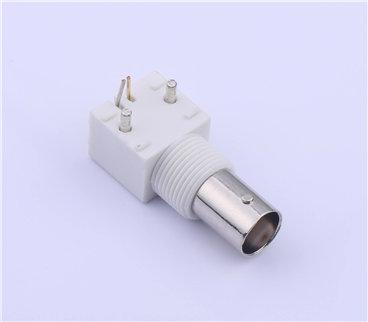
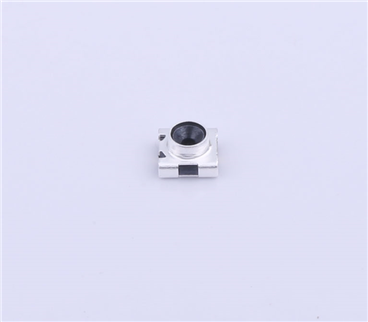
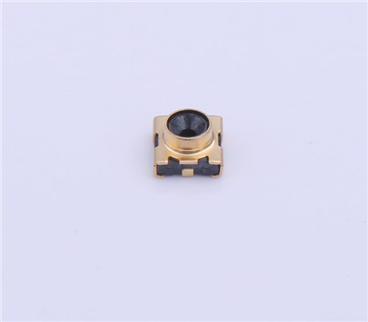
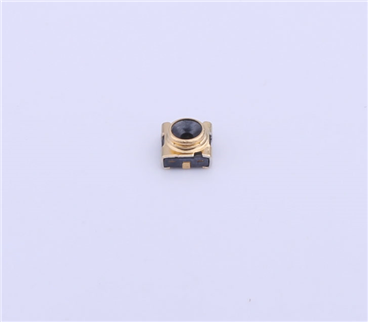
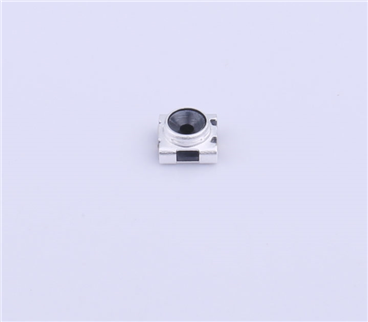
Copyright © Shenzhen Kinghelm Electronics Co., Ltd. all rights reservedYue ICP Bei No. 17113853
